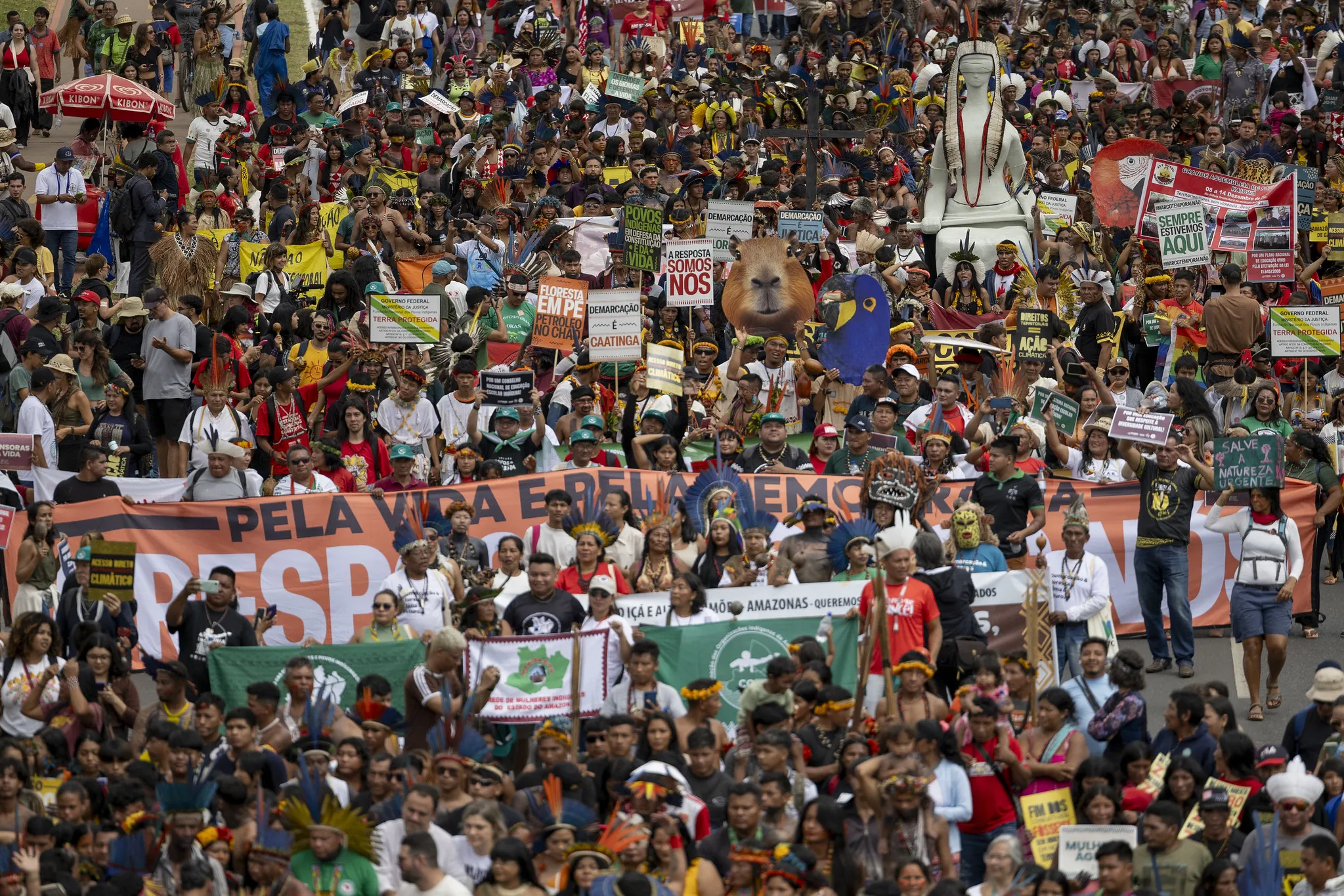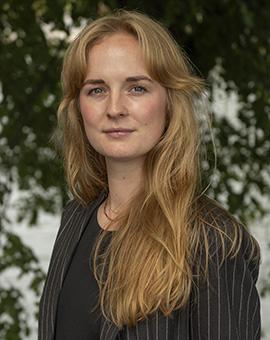Indigenous inclusion in UN climate talks – What progress ahead of COP30?

In November, the Brazilian city of Belém will become the site for COP30, making it the first time in several years that the UNFCCC climate summit takes place in a democratic country. But what is more, it will be the first COP meeting to take place in the Amazon: a biome absolutely vital to Earth’s stability, and home to hundreds of Indigenous groups and local communities.
Indigenous peoples’ role and leadership in the climate crisis has been widely recognized. They live in and protect many of the most biodiverse places on the planet and hold unique ancestral knowledge about the ecosystems that sustain us. Protecting the rights of Indigenous people is often intimately linked with protecting the environment: through its constitutional assessment tools, International IDEA supports Indigenous leaders to advocate for Indigenous peoples’ rights and environmental protection.
In the UN system, several bodies and mechanisms have been set up to ensure Indigenous voices are heard in climate change contexts–yet their influence remains mostly indirect and limited, as concluded in our 2023 blog. Ahead of COP30, Indigenous peoples of the Amazon have raised their voices, claiming co-presidency and demanding proper consultation and participation. The Brazilian presidency has expressed strong support for expanding Indigenous inclusion–but what action are they putting behind their words?
In April, they announced the International Indigenous Commission, chaired by the Brazilian Minister for Indigenous Peoples, Sônia Guajajara, with representation from Brazilian and international Indigenous organizations. This is complemented by the Commission of Traditional Communities, Afro descendants, and Family Farmers, led by Anielle Franco, the Brazilian Minister for Racial Equality. Together, these commissions form the Peoples’ Circle–one of three ‘Leadership Circles’ created under the COP30 presidency to feed into the negotiation processes.
Moreover, the Brazilian presidency has launched the Kuntari Katu programme, a training course for Indigenous diplomats, and boosted its radio communication in Indigenous languages. In addition, they are preparing to launch the Tropical Forests Forever Fund (TFFF), announced at COP28 and due for delivery at COP30, of which at least 20 per cent will be reserved for Indigenous peoples and local communities.
What difference will this make? Inclusion of Indigenous peoples in the UNFCCC is a democratic imperative and efforts to strengthen their voices are urgently needed. But importantly, inclusion means little without meaningful decision-making impact–and in that respect, there is still room for institutional improvement. This may include strengthening the role of the UNFCCC Local Communities and Indigenous Peoples Platform (LCIPP) as well as Indigenous representation in national delegations, and better integrating Indigenous knowledge systems into the UNFCCC fora.
That the Brazilian presidency has made Indigenous inclusion a priority for COP30 is most welcome–now it remains to be seen to what extent they can deliver.
Disclaimer: Opinions expressed in this commentary are those of the authors and do not necessarily represent the institutional position of International IDEA, its Board of Advisers or its Council of Member States.




